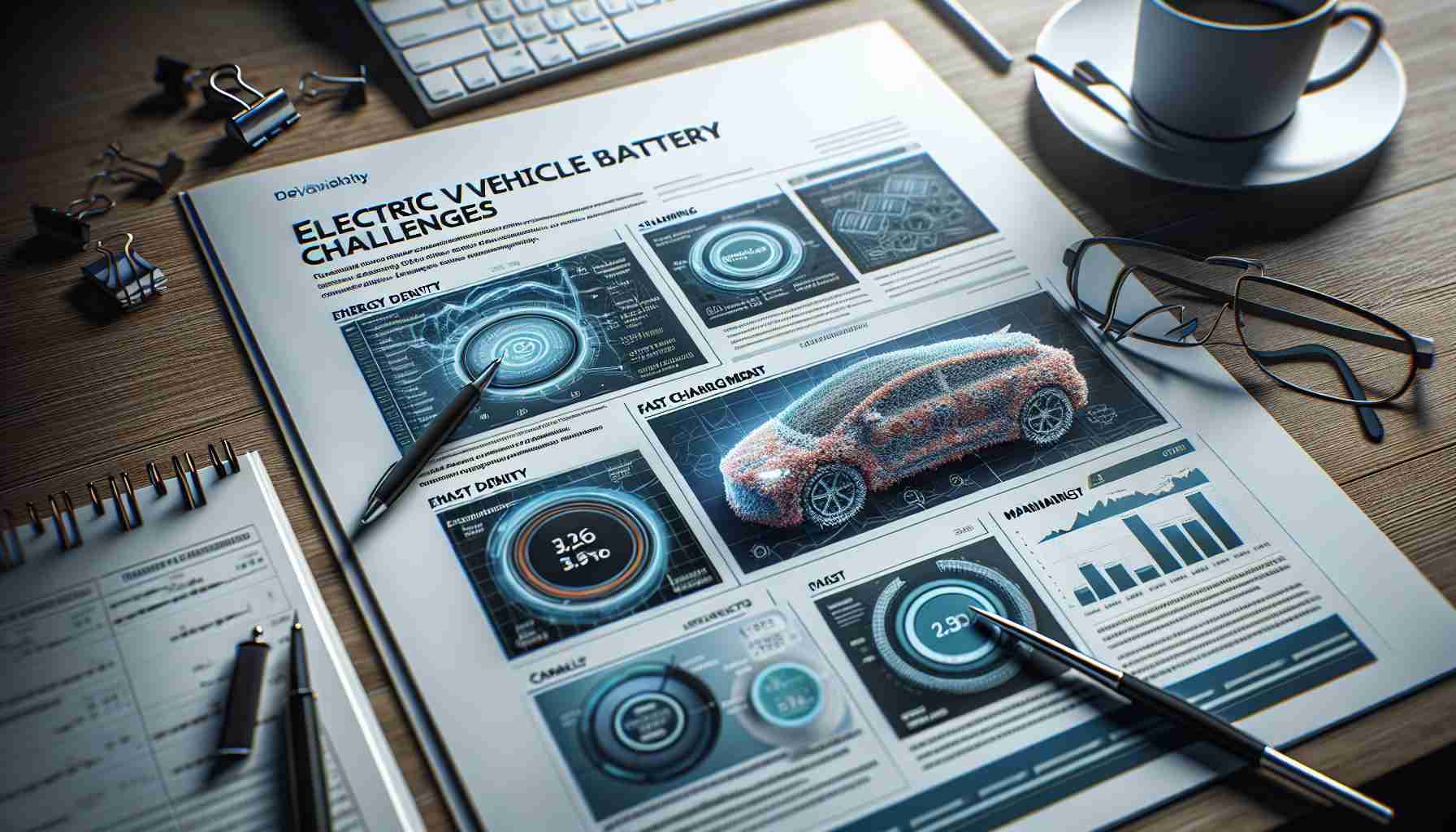Summary:
As the global shift towards sustainable transportation continues, electric vehicles (EVs) have gained significant traction due to their environmental benefits. However, a pressing challenge that the EV industry faces is the development and improvement of electric vehicle batteries. This report delves into the key challenges associated with EV batteries, including range anxiety, charging infrastructure, and the environmental impact of battery production. Insights from research and analysis provide a comprehensive understanding of these challenges and potential solutions.
Introduction:
Electric vehicles are becoming increasingly popular as efforts to combat climate change intensify. The adoption of EVs has numerous benefits such as reduced greenhouse gas emissions and decreased dependence on fossil fuels. However, the performance and limitations of electric vehicle batteries remain major hurdles in the widespread adoption of EVs. Understanding the challenges posed by EV batteries is essential to drive innovations and develop solutions that address these concerns.
Key Challenges:
1. Range Anxiety:
Range anxiety is a significant concern amongst EV owners and potential buyers. It refers to the fear or worry that an electric vehicle will run out of battery power before reaching its destination or finding a charging station. This anxiety stems from the limited range of current EV batteries, which often fall short when compared to the mileage range of traditional internal combustion engine vehicles. Overcoming range anxiety requires advancements in battery technology to improve the energy density and overall range of EV batteries.
2. Charging Infrastructure:
The lack of an extensive and convenient charging infrastructure is another significant challenge facing the EV industry. While the number of public charging stations is increasing, they are still relatively scarce compared to gasoline stations. Additionally, charging times for EVs are significantly longer than the time it takes to refuel a conventional vehicle. The development of a widespread and efficient charging infrastructure is essential to alleviate concerns regarding the availability and speed of charging points.
3. Environmental Impact:
While EVs offer a greener alternative to traditional vehicles during operation, the environmental impact of battery production and disposal must also be considered. The extraction of raw materials, such as lithium and cobalt, for battery production often involves harmful environmental practices. Furthermore, the responsible disposal or recycling of used EV batteries presents a challenge to ensure minimal environmental impact. Developing sustainable methods for battery production and recycling is crucial for achieving a truly eco-friendly electric vehicle industry.
FAQ:
Q: Are electric vehicle batteries improving over time?
A: Yes, the development of EV batteries is ongoing. Researchers and manufacturers are constantly working towards improving the energy density, range, and longevity of these batteries.
Q: Can I charge an electric vehicle at home?
A: Yes, most EVs are equipped with charging capabilities for home charging. However, it is essential to have access to an appropriate charging station and ensure it is safely installed.
Q: How long does it take to charge an electric vehicle?
A: The charging time of an EV depends on several factors, such as the battery size and charger type. Charging times can range from a few hours to several hours, depending on the charging infrastructure available.
Q: Are there any government incentives for electric vehicle adoption?
A: Yes, many countries offer incentives such as tax credits, grants, or rebates to encourage the purchase and use of electric vehicles. These incentives vary, so it is best to consult local government websites for specific details.
Conclusion:
Addressing the challenges associated with electric vehicle batteries is crucial for the continued growth and acceptance of EVs as a viable mode of transportation. By overcoming range anxiety, expanding charging infrastructure, and prioritizing sustainable battery production and disposal, the electric vehicle industry can further enhance its environmental benefits. Continued research, innovation, and collaboration across various sectors are essential to tackle these challenges and ensure a sustainable future for electric vehicles.
Sources:
1. International Energy Agency
2. Nature Energy Journal
3. Greentech Media
The source of the article is from the blog motopaddock.nl
